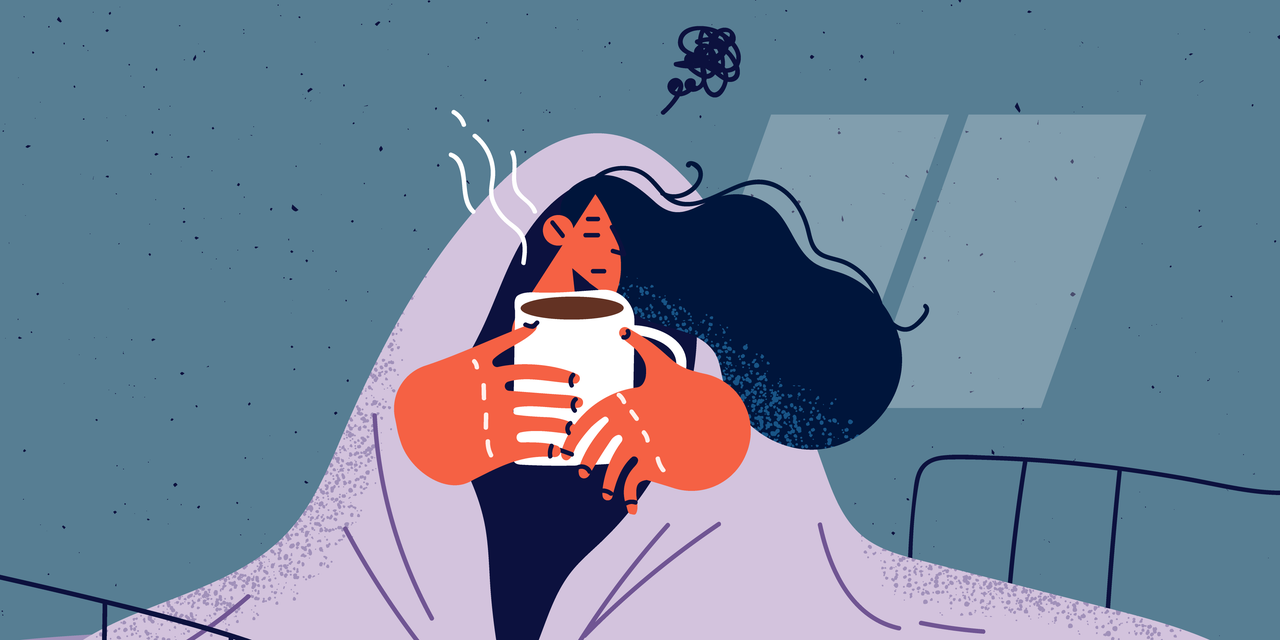Together, these effects can trigger stomach pain and make you feel nauseated, Dr. Schacht says. On top of that, having multiple drinks on an empty stomach can lead to low blood sugar, making you feel weak and shaky the next day. To ease the awful-ness of it all, make a point to eat something as soon as possible. Ideally, you’d feed yourself before or while you’re drinking to slow the absorption of alcohol into your body. (But, alas, these things can get away from you when you’re feeling a little loose!) If you didn’t eat enough, make a point to have a solid meal or snack when you can. Food will soak up some of that extra gastric acid in your gut and replenish some of the nutrients you probably peed out, Dr. Schact advises.
There isn’t too much data to strongly suggest that certain types of food are better for you post-drinking than others, says Dr. Schacht, but he recommends eating, one, carbohydrates (like bread or rice) to bring your blood sugar back up, and two, potassium-rich foods (bananas and potatoes check both boxes!)—remember, you’re probably missing out on key minerals after soaking your insides with alcohol. Bland foods, like toast and crackers, may also ease any GI issues and help restore your blood sugar levels. People sometimes feel too nauseated to eat after drinking a ton so they put it off, but “it really is beneficial to get some food in if you can,” Dr. Schacht says.
Let yourself rest, if you’re able to.
Sometimes, when I feel particularly lousy after a night of drinking, I wake up and go on a jog or immediately tackle household chores to, IDK, push through and pretend all’s good (when, in truth, I am struggling). Don’t be like me. What you really want to do, according to Dr. Schacht, is nothing.
Alcohol leads to a surge in an inhibitory neurotransmitter called GABA. In the moment, all that GABA makes you feel calm and relaxed (hence the reason people like to drink). When you stop drinking, your GABA levels drop suddenly, which can trigger a sort of withdrawal effect, Dr. Schacht explains. This can make you feel anxious, irritable, and agitated the next day.
READ RELATED: Best Prime Day Deals 2023: 140+ Sales on Fitness, Wellness, & More
To alleviate these feelings, you want to try and rest: “Sleep, sit on the couch, do not over-tax your body the next day because you’re just going to make that feeling of anxiety and agitation worse if you’re overactive after a big drinking episode,” says Dr. Schacht. Not to mention, there’s a good chance you’re somewhat sleep-deprived and feeling sluggish, anyway, since alcohol tends to prevent you from getting a restorative night’s rest, research shows.
Take it easy! Nap, read a book, watch a feel-good show—have what I call a “nothing day.” Even though I tend to try to keep myself busy when I’m hungover (why?!), getting some rest, it seems, is actually the most productive thing I—and you—could do after guzzling down one too many gin and tonics.
Related:






